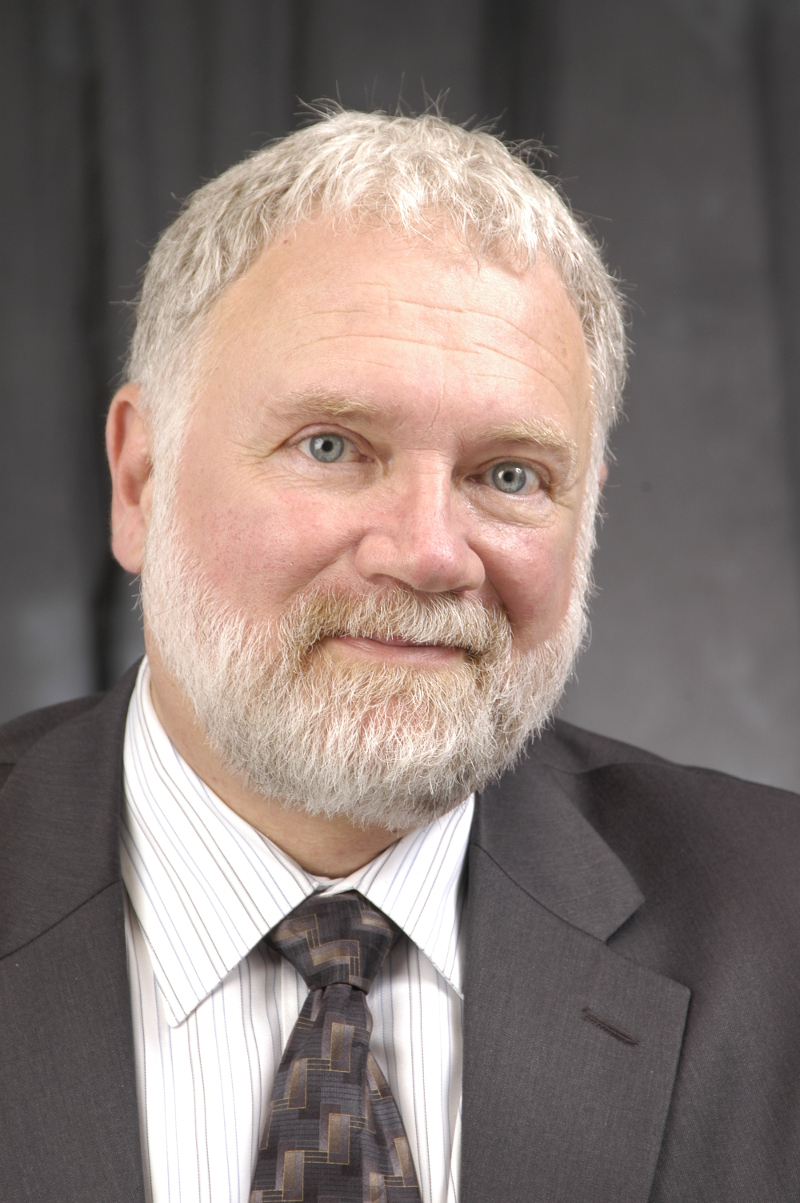Five-hospital Portland, Ore.-based Legacy Health began as Legacy Health System in 1989. In 2009, it began a rebranding campaign to better reflect its breadth of healthcare offerings as a health system. As part of this rebranding, the organization dropped "System" from its name, becoming simply "Legacy Health."
 |
| Wayne Clark |
Legacy Health decided that the word "system" was not necessary to convey its unity as an organization of multiple healthcare entities. Instead, it built a brand from the inside out, beginning with employees and internal stakeholders and spreading its vision to the community.
Finding the brand: Internal research
Legacy Health's first step was to identify baseline perceptions among employees of what the organization's brand is — what it means to work there and what its purpose is. "You have a brand whether you know it or not; you just have to find it. So we went looking for it," says Wayne Clark, vice president of community relations and marketing at Legacy Health. The CEO solicited input from employees on the mission and vision of the organization, and physician focus groups, leadership focus groups and informal video interviews with employees helped define the essence of Legacy Health.
This internal research revealed several common themes that informed brand development. "People felt strongly about being part of the community, [as] we're the only locally owned and governed system in the market," Mr. Clark says. A focus on people, both patients and employees, and sustainability also came out of these interviews and surveys. "The brand really is your employees," Mr. Clark says. "It's not logos; it's not a tagline. It's what we deliver to people every day."
Communicating the brand: External outreach

Jeffrey Nemetz
From there, the system developed a cohesive brand and communicated it back to employees and then consumers. The first year of advertising focused on the message that Legacy Health is a health system, and only later did Legacy Health advertise specific service lines. New graphic standards that established colors and design across the organization supported the message of a single system. This strategy seems to have worked, as public surveys show an increase in recognition that Legacy Health is a system, according to Mr. Clark.
In addition, employees of single hospitals within Legacy Health have a greater sense of being part of a system. "There's growing pride in the fact that we are a system," Mr. Clark says. "They think of it as a system rather than just a hospital. Their answers to system questions [on the annual employee survey] are more thoughtful."
This transformation occurred due to engaging employees in creating a vision for the system that reflects their values. "It went from a fairly decentralized health system model to reinventing itself under a new brand and vision," Mr. Nemetz says. "Instead of having siloed groups of individuals — physicians, nurses, pharmacy staff, lab staff, transporters — you have a unified workforce that appreciates the power of what you're trying to do."
The emphasis of Legacy Health as a unified system is particularly important in an era of accountable care organizations and population health management, which requires a broad geographic reach. Communicating the benefits of a system to both employees and patients helps build the value of the brand. "It's important to understand that [being a system] makes us stronger because we can go after those kinds of contracts," Mr. Clark says of population health initiatives.
More Articles on Health System Branding:
Miles Memorial, St. Andrews Hospitals to Change Names Upon Merger
Emory Healthcare Launches New Brand
Virginia Hospital Center to Consolidate Employed Physicians to One Group


